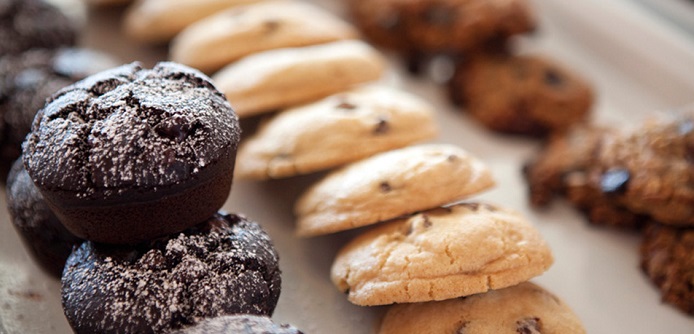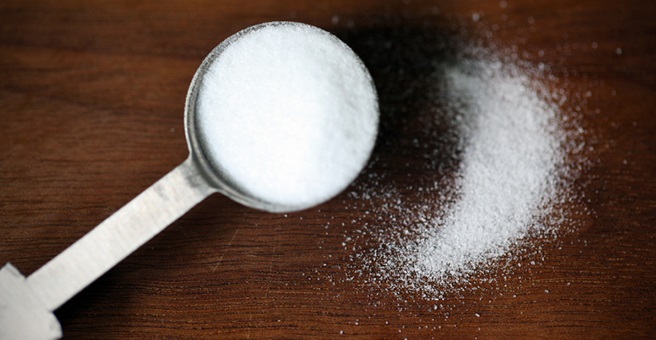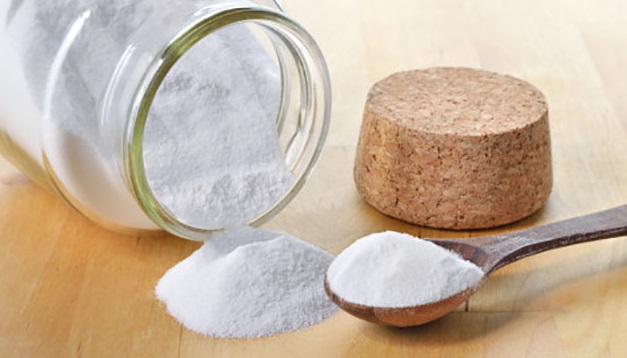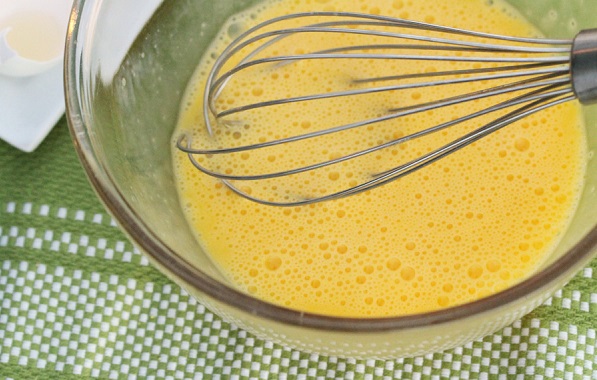We are all quite familiar with baking soda which is used mainly for baking purposes, which is often used in recipes that contain acidic ingredients, such as sour cream yoghurt, butter milk, vinegar, honey, molasses, etc. If you need your baking item to "rise", you have to use baking soda. This process occurs when combined moisture and the acidic ingredient in your baking product cause a chemical reaction that produces carbon dioxide bubbles. These bubbles are responsible for literally "pushing up" your batter to give the raise and expansion in the baked product. This happens under proper oven temperatures.
Baking soda works in such an unique way that baking soda substitutes are hard to find. But here's the good news. We've searched thorough the internet and find 2 great substitutes for you. But you must make note that these substitutes may cause your foods to differ in taste and texture. However, if, for some reason, you are unable to find baking soda, you can always replace it with the following 2 things.

1. Substituting Baking Soda with Baking Powder
Baking soda can be substituted with baking powder. As with baking soda, baking powder is also a leavening agent. This means, if you add baking powder instead of baking soda to your product, the chemical reaction will cause the product to "rise". Baking powder does contain baking soda and also contains an acidifying agent, as well as, a drying agent.
How it works: Baking powder comes in two ways: single-acting and double-acting baking powder. Most baking powder, today, is double-acting which means it reacts in two ways. The first reaction is when the powder is added to the dough before baking and it helps release a gas at room temperature. The second reaction occurs in the oven when the temperature rises.
How to use it: If you are substituting ½ tsp. of baking soda with baking powder, you should do so with 2 teaspoons of double-acting baking powder. When doing so, you should also substitute the acidic liquids in the recipe with non-acidic ones. This baking soda substitute is best with pancakes, cakes and cookies.

2. Substituting Baking Soda with Potassium Bicarbonate
If you are baking cookies, you can try substituting baking soda with potassium bicarbonate. This is often recommended for people with sodium intake problems. Potassium bicarbonate contains the same properties as baking soda, but no sodium. This ingredient may not be easily available at the grocery store. However, you may be able to purchase it at the drugstore.
How to use it: If you were baking cookies, you can substitute 3 tsps. of potassium bicarbonate, instead of 3 tsps. of baking soda. If you are worried about your salt intake, do not add salt. If not, you can add 1 tsp. of salt to your mixture.

3. Other Baking Soda Substitutes
You can also try substituting other ingredients for baking soda. However, these may not work as well as baking powder or potassium bicarbonate. For example, you can beat and whisk air into eggs if making pancakes, or use self-rising flour and beer to make beer pancakes.
Keep in mind that you should experiment with these in small quantities. This way, if it does not work, you may not feel so bad. Whatever ingredient you use, using it in the right quantities can provide you with baked goods that taste good and have a soft and airy texture.

